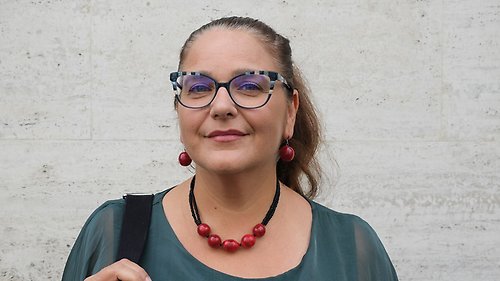Governance of health data in cyberspace
Developing recommendations for resilient governance mechanisms for health data in cyberspace that can meet social expectations on security and privacy, while enabling the use of health data to benefit society.
Time and funding
- Period: 2024-02-02 – 2024-02-02
- Budget: 3,000,000 SEK
- Funder: NordForsk
- Type of funding: Projektbidrag
Responsible management of health data
Successful healthcare delivery and medical research are increasingly dependent on the collection and distribution of information in through computer networks – in cyberspace. The potential benefits for society are enormous. But there are significant risks associated with hte misuse of these data. Such cases have occured both in Iceland, Sweden, Norway and the UK, where there have been objections from the public when the social expectations of how health data is to be managed online has not been observed.
The project Governance of health data in cyberspace operates from the assumption that when data that was collected for health reasons is used in other contexts, or data collected for other purposes is used in the context of healthcare, a boundary is breached. This challenges the data's contextual integrity (that is, considering the specific values and expectations linked to data collected for a particular reason and how they change if the reason or situation for collecting data changes), and thus may threaten public trust.
The project will applied a theoretical lens of contextual integrity, and reviewed current approaches to governance across other sectors, along with the ethical issues that arise with online data. This enabled the researchers to analyse whether certain data usage goes against the norms of a particular context, and whether current governance mechanisms are appropriate, or if new forms of public engagement and governance are needed.
The inter-disciplinary project explored a variety of ways to understand the issues of risk and resilience in the governance of health cyberspace in Northern Europe. These included focus groups with experts and citizens and a discrete choice experiment in which participants were asked to choose between set responses. From the results of these, they obtained an understanding of what citizens perceive their risk to be when data is used in health cyberspace. Using these findings the project developed recommendations for governance in cyberspace, for the benefit of healthcare and other sectors.
Collaborators
Oxford University, UK
Uppsala University's Centre for Research Ethics & Bioethics, Sweden
Oslo university, Norway
People in the project
Deborah Mascalzoni
Research about ethics and policy for advanced research approaches in genetics and biomaterials with the integration of participant-centric approaches.

Jorien Veldwijk
Associated researcher & Assistant professor at Erasmus School of Health Policy & Management. Expert on Discrete Choice Experiments.

Jennifer Viberg Johansson
Associate professor in medical ethics, with a research focus on methods that measure people's preferences and how to balance preferences against other ethical values; artificial intelligence and digital health information.

